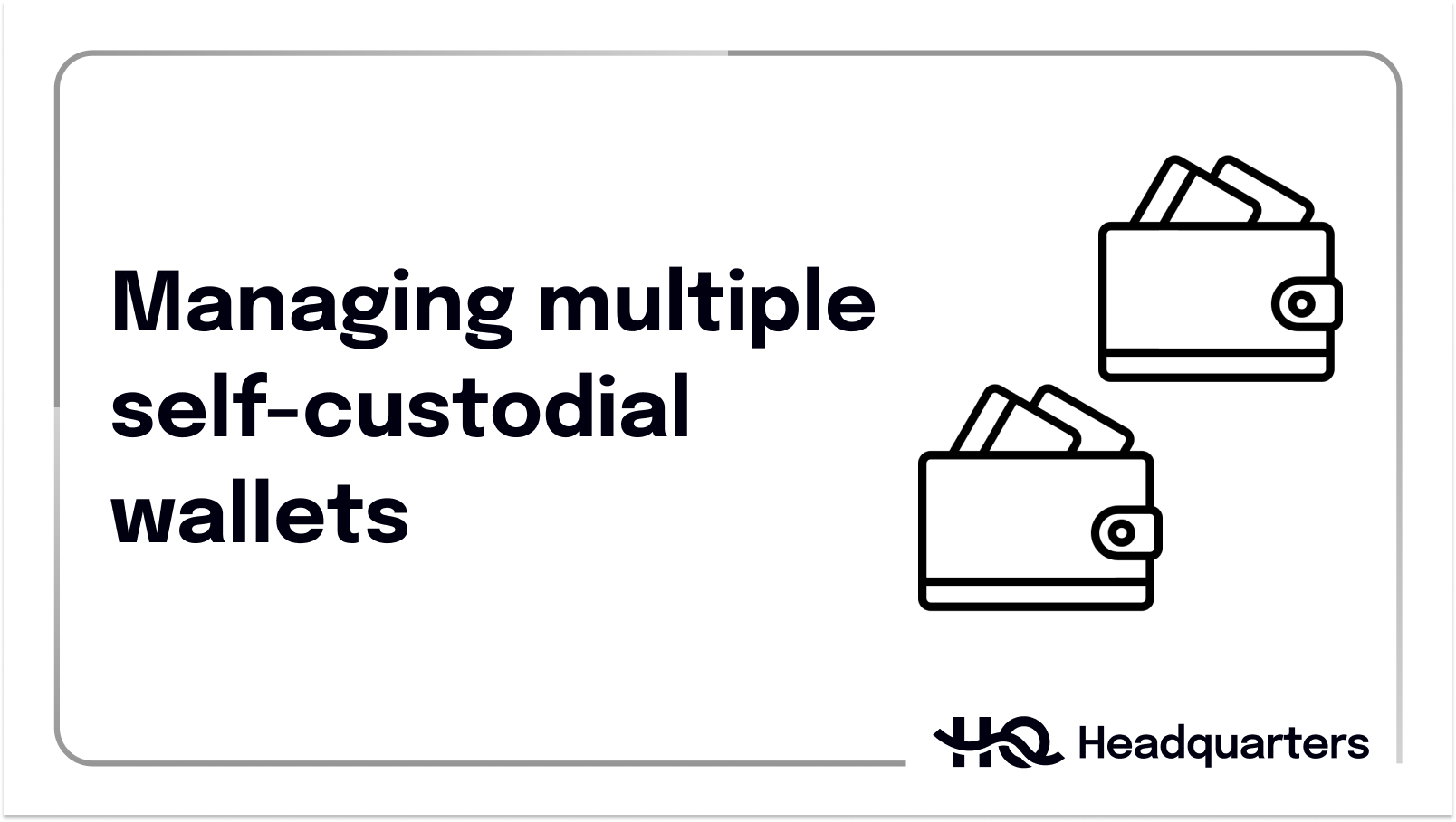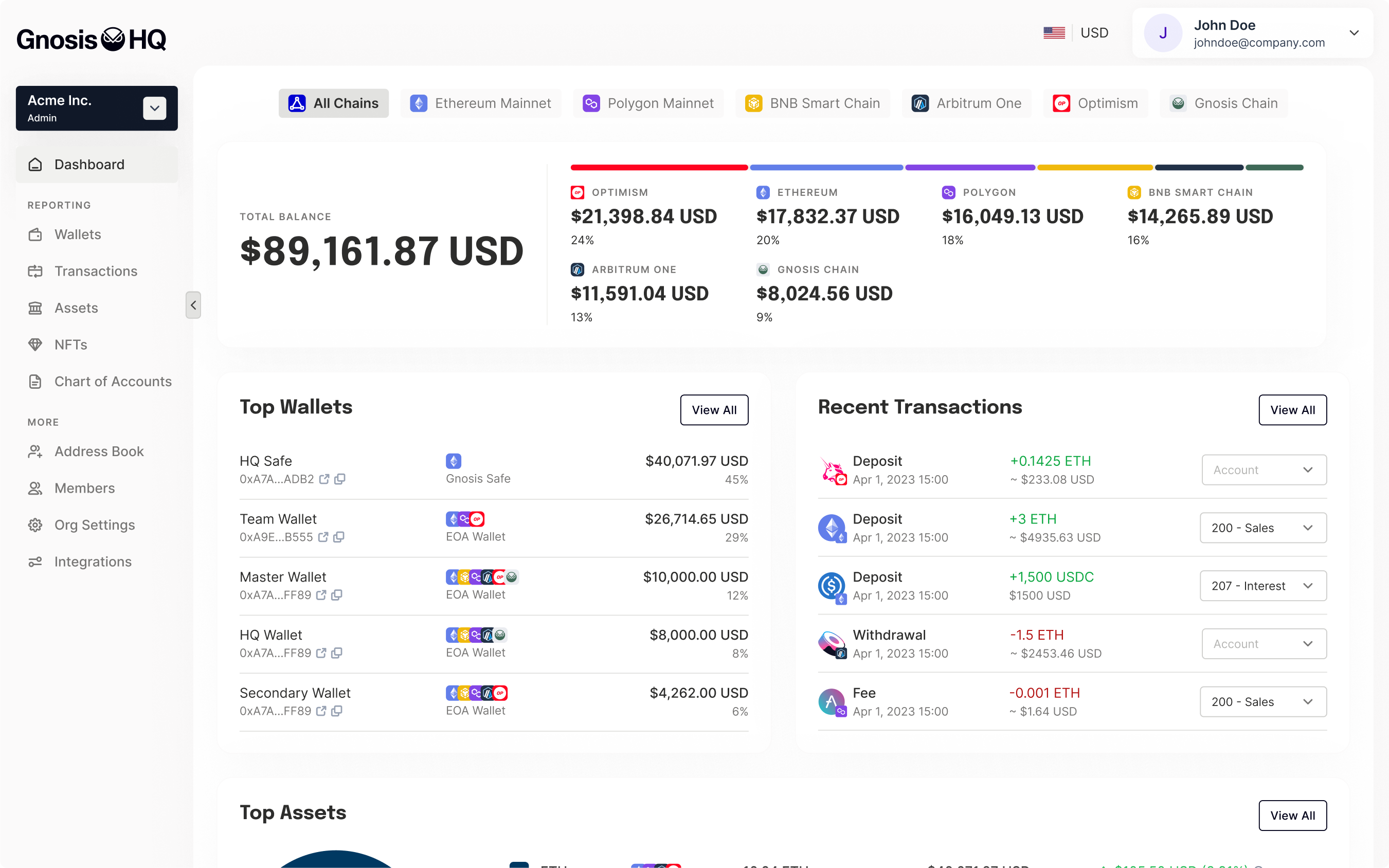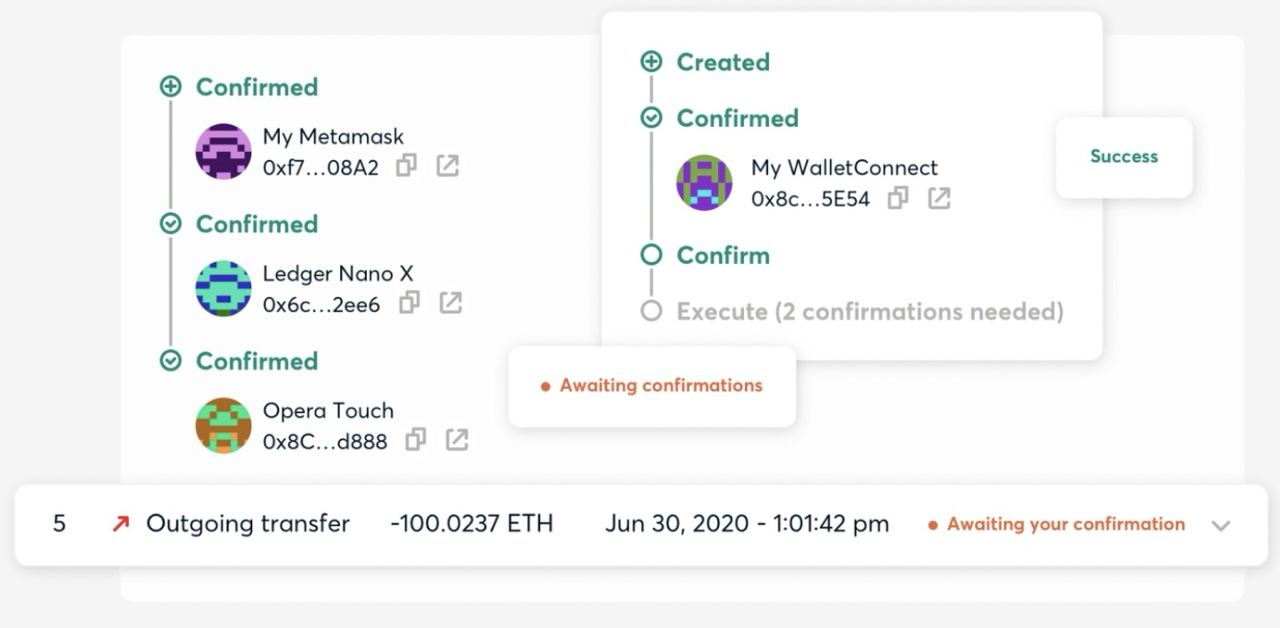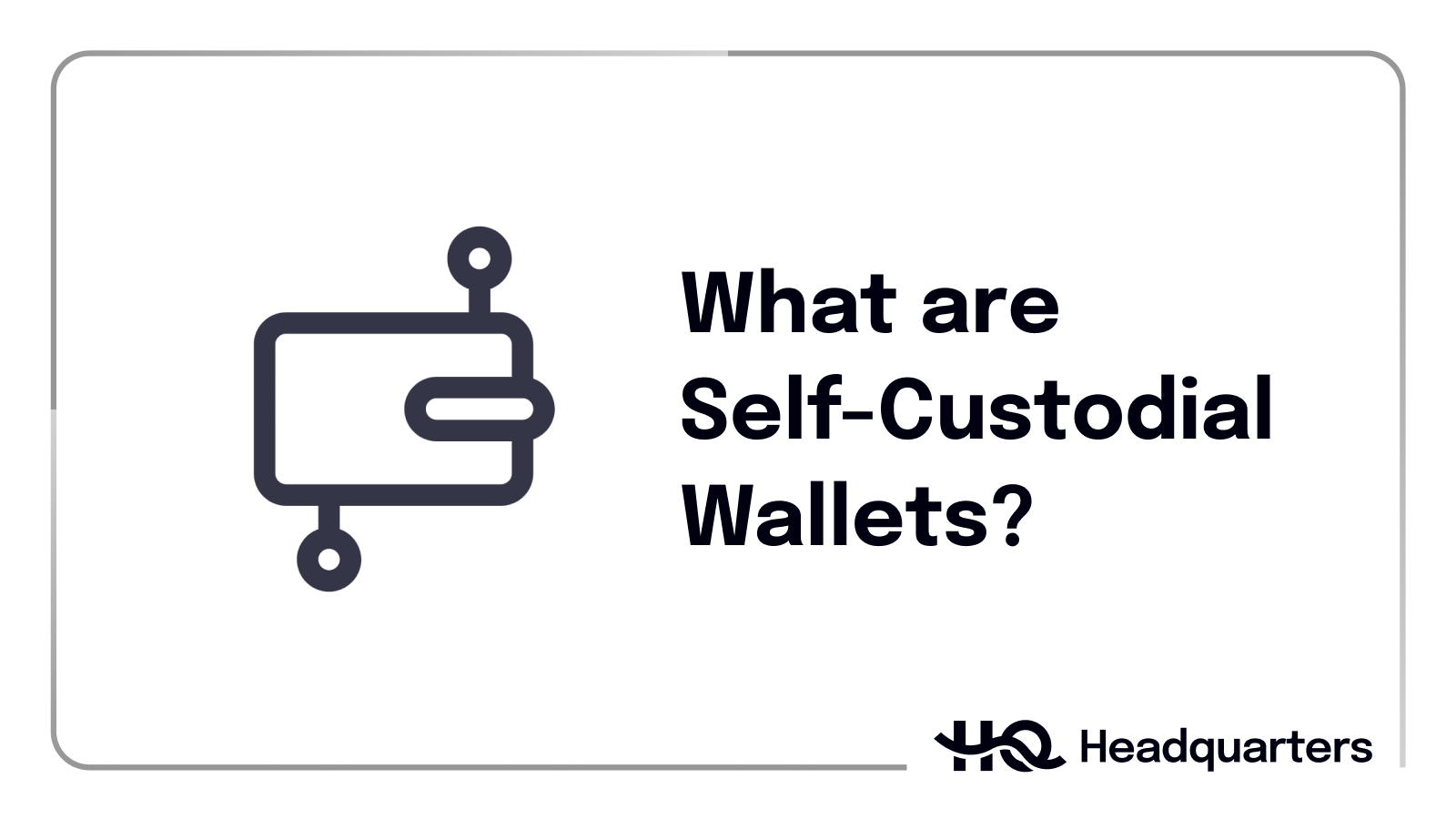
How to Operate & Manage Multiple Self-Custodial Wallets

With the different kinds of self-custodial wallets available, there are many ways you can utilize them. As the blockchain ledger is designed to track and record all transactions, it may be risky to hold a large amount of coins in one wallet. Some may prefer to store their tokens across multiple wallets. Others want to have both the accessibility of a web-based/mobile wallet and the peace of mind that comes with owning a hardware wallet.
Many will end up with several versions of each, with each crypto wallet being used for a specific purpose. This creates a balance between ease of use and security when storing and trading cryptocurrency.
If you end up owning multiple crypto wallets, you may find yourself looking for an all-in-one cryptocurrency management app that can help you access and manage your coins. Platforms like DeBank and Headquarters (HQ.xyz) provide a dashboard that gives you a complete view of your funds across multiple wallets. They do not hold on to your coins or data as they are an interface, and their goal is to help you to access and manage your assets.

These platforms make it much easier for you to see how your finances are performing, stay diversified, and make informed financial decisions. Headquarters’ dashboard not only provides a clear overview of your assets spanning across multiple wallets, they keep a record of your transactions and allow you to categorize those different transactions. This means you no longer have to spend time on scanning tools wondering where your funds went.
Powered by the Disperse.app and Safe, Headquarters enables you to transfer funds to multiple addresses just by connecting your wallet. This provides much needed convenience and less room for error for multi-wallet holders.
You can also expect a greater degree of protection from Safe’s multi-signature functionality. Users get complete self custody of their crypto assets with the added option to require multiple devices to confirm any transactions.
Smart Contract Wallet
Another way to strengthen the security of your self-custodial wallet is to incorporate a smart contract wallet. A conventional self-custodial wallet only requires one private key to sign-off and approve transactions, but a smart contract wallet requires the approval of multiple private keys from different sources to sign-off a single transaction. This reduces the risk of relying on one device and boosts the security of your funds as hackers will need access to multiple private keys from different devices in order to confirm a transaction.

Safe is a popular option that supports EVM blockchains and can work with an array of wallets such as MetaMask and Ledger. It also supports non-fungible tokens (NFTs) and allows users to interact with DApps straight from the Safe interface.
Summary
Managing multiple self-custodial wallets enhances both security and convenience for cryptocurrency holders. By distributing assets across web-based, mobile, and hardware wallets, you can balance ease of use with robust protection. The strategies and tools mentioned above ensure effective and secure crypto management, allowing you to navigate the digital currency landscape with confidence.
Disclaimer: This article serves as an educational piece and the information provided is not intended to be personalised investment advice. Readers should always do their own due diligence before investing.

